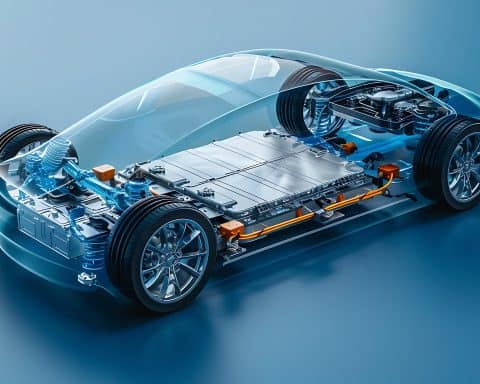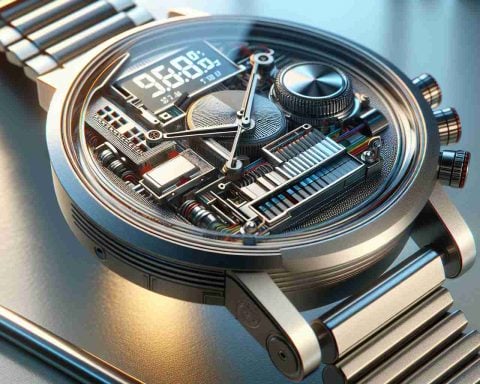The Apple Watch Series 2, released in September 2016, may not be the latest model, but its introduction marked a significant leap in smartwatch technology. As enthusiasts look back at past innovations, the Series 2 continues to stand out due to its enhancements over the original Apple Watch.
One of the most noteworthy features of the Apple Watch Series 2 is its built-in GPS, a groundbreaking addition that allowed users to track their running and hiking activities without needing to bring their iPhone along. This feature set a new standard for smartwatches, catering to fitness enthusiasts and outdoor adventurers alike.
Another significant improvement was its water resistance up to 50 meters, making it suitable for swimming and allowing users to record swim workouts and track their fitness goals. Along with this, the Series 2 featured a brighter display with 1000 nits, enhancing readability in direct sunlight—a crucial enhancement for those using the watch outdoors.
Moreover, the Series 2 came with the S2 dual-core processor, which provided a smoother and faster user experience. This enabled more efficient app launches and smoother animations, paving the way for more complex applications in future iterations.
Apple Watch Series 2 emphasized the growing importance of health and fitness in wearable technology, laying the foundation for features we see in today’s models. While newer versions have continued to evolve, the Series 2 remains a pivotal chapter in the Apple Watch’s history, reflecting Apple’s commitment to innovation and user-focused design.
The Evolution of Wearable Technology: Beyond the Fundamentals
Wearable technology has rapidly transformed over the years, influencing not only individual lifestyles but also having profound implications for community health and global innovation trends. While the Apple Watch Series 2 set essential milestones back in 2016, subsequent developments in this domain have reshaped how societies engage with technology.
A captivating development in wearables is the advent of health monitoring capabilities that go beyond just fitness tracking. Devices now routinely feature heart rate monitoring, blood oxygen measurement, and even ECG functionalities, providing critical health insights to users. These enhancements are not merely for gadget enthusiasts but are pivotal in the remote management of chronic health issues, potentially reducing healthcare costs and increasing accessibility to care.
Furthermore, wearables have begun integrating AI-powered applications that can provide personalized health advice, recommend lifestyle changes, and, importantly, detect anomalies that could signal warning signs for users to seek medical consultation. This ability to deliver timely health information enhances public health at a community level, potentially decreasing the burden on healthcare systems.
However, these technologies do not come without controversy. There are ongoing debates about privacy concerns given the extensive data these devices collect. The challenge lies in balancing technological advancement with protecting individual privacy to prevent misuse of sensitive health information.
The ripple effects of wearable technology are far-reaching, affecting not just personal health but also larger societal structures. As the landscape continues to evolve, innovations underscore the importance of ethical considerations in technology deployment.
For more insights into wearable tech, visit Wearable.













